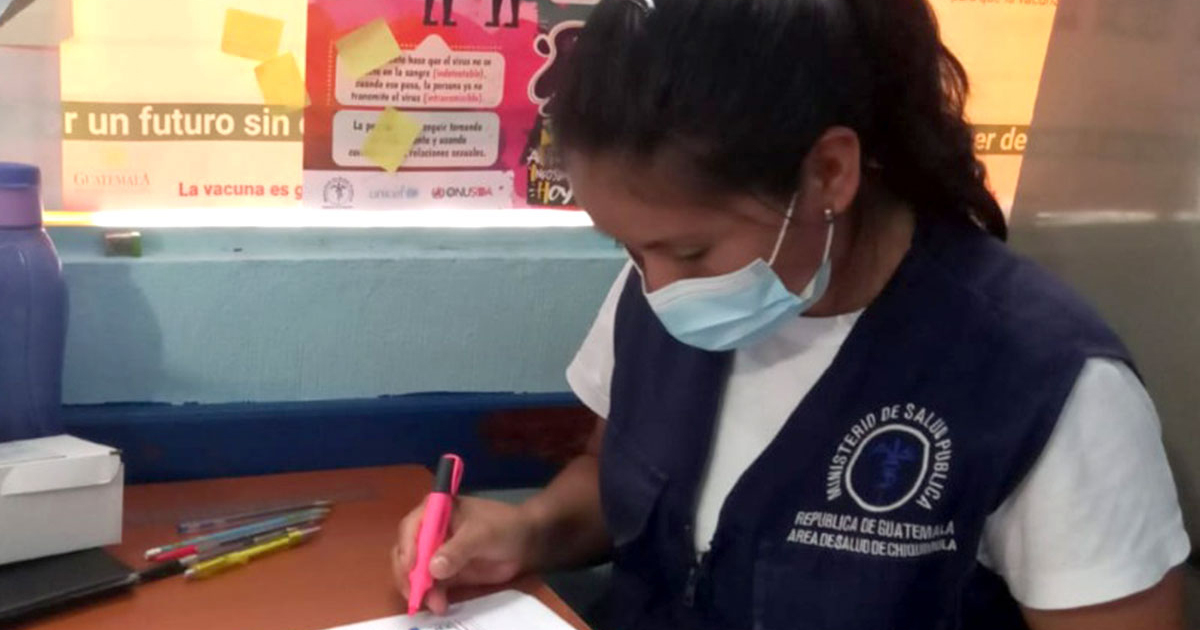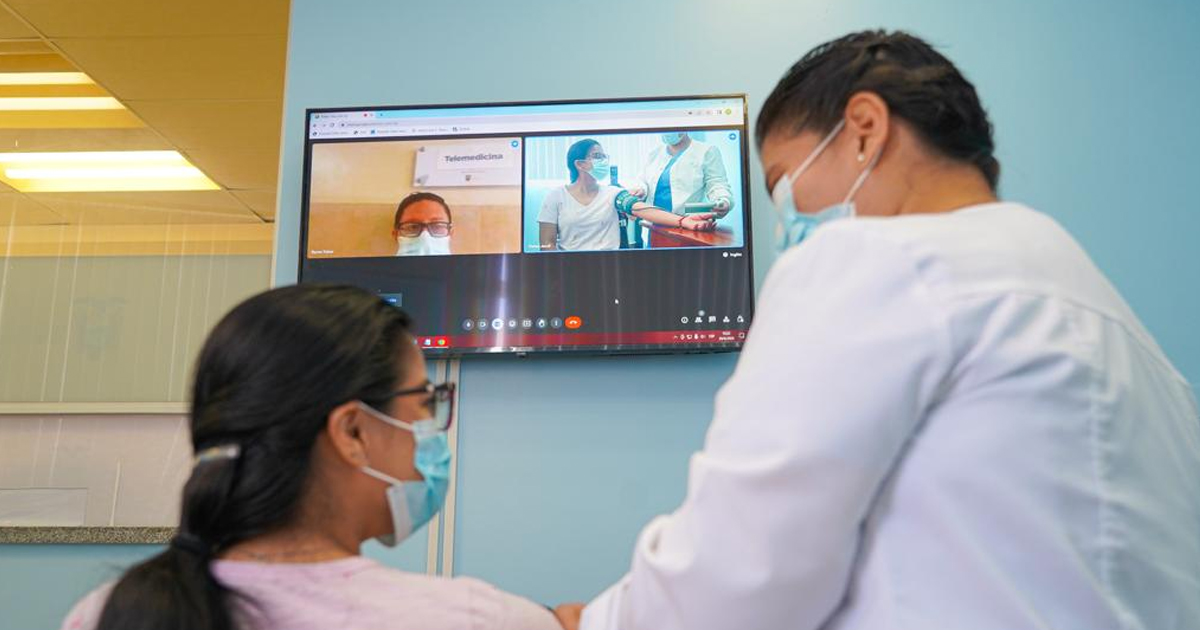The Lancet published in its most recent issue the article “Prognostication of patients with COVID-19 using artificial intelligence based on chest x-rays and clinical data: a retrospective study.”
Chest X-rays are an important modality for medical imaging, and it is also cheaper and more accessible than other options. “We aimed to develop and evaluate an artificial intelligence system using chest x-rays and clinical data to predict disease severity and progression in patients with COVID-19,” the authors explain.

This study published in The Lancet presents a retrospective study at several hospitals in the University of Pennsylvania Health System in Philadelphia, Pennsylvania and explain at hospitals affiliated with Brown University in Providence, Rhode Island. Participating patients were confirmed to be COVID-19 positive through PCR testing and chest x-ray.
The study involved 1835 patients who presented between March 9 and July 20, 2020. Three groups were formed: 1285 for model training, 183 for validation and 366 for testing.
“Using the chest x-rays as input to an EfficientNet deep neural network and clinical data, models were trained to predict the binary outcome of disease severity (ie, critical or non-critical),” the study explains. Deep learning features extracted from the models and patients' clinical data were used to build timing models to predict the risk of disease progression.
The full study and its results can be found at the following link: https://www.thelancet.com/journals/landig/article/PIIS2589-7500(21)00039-X/fulltext#%20






